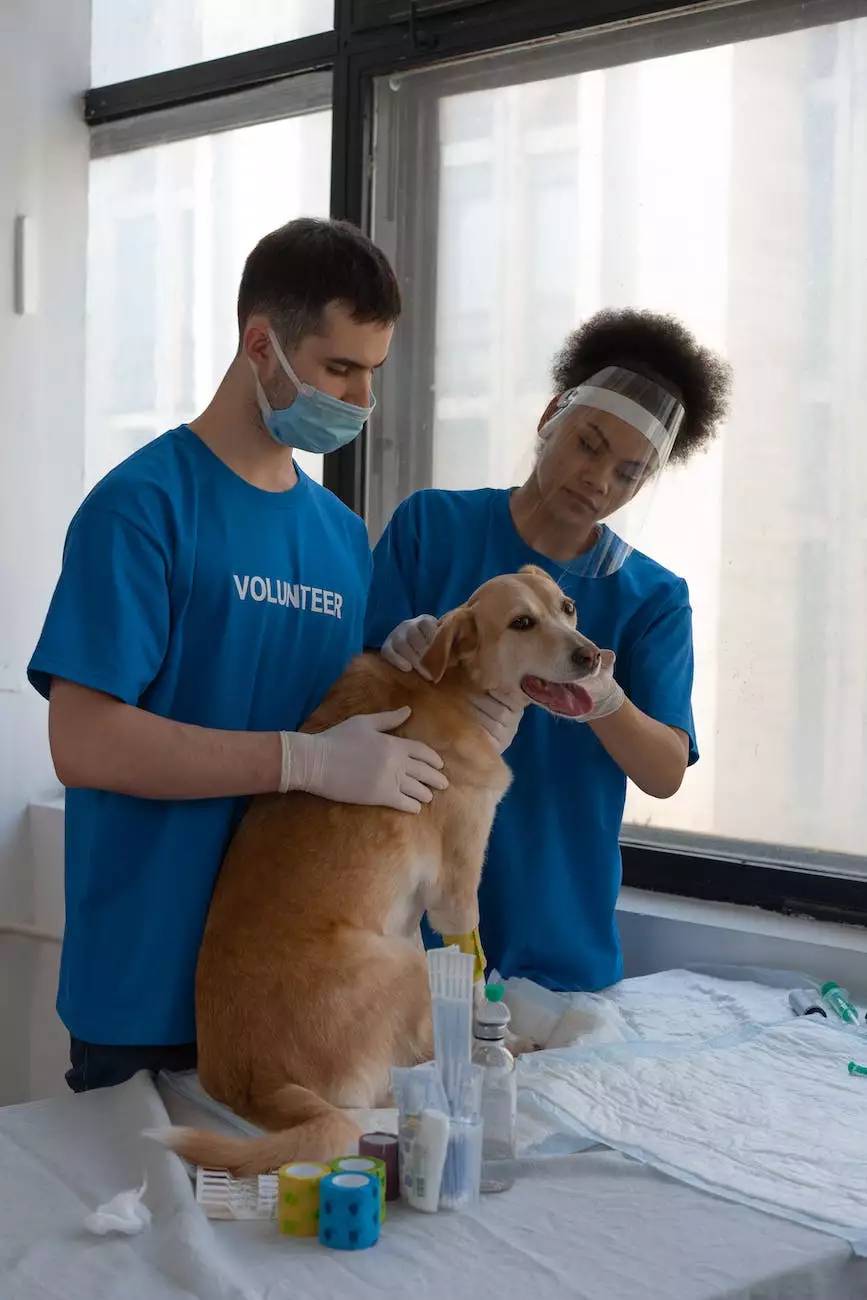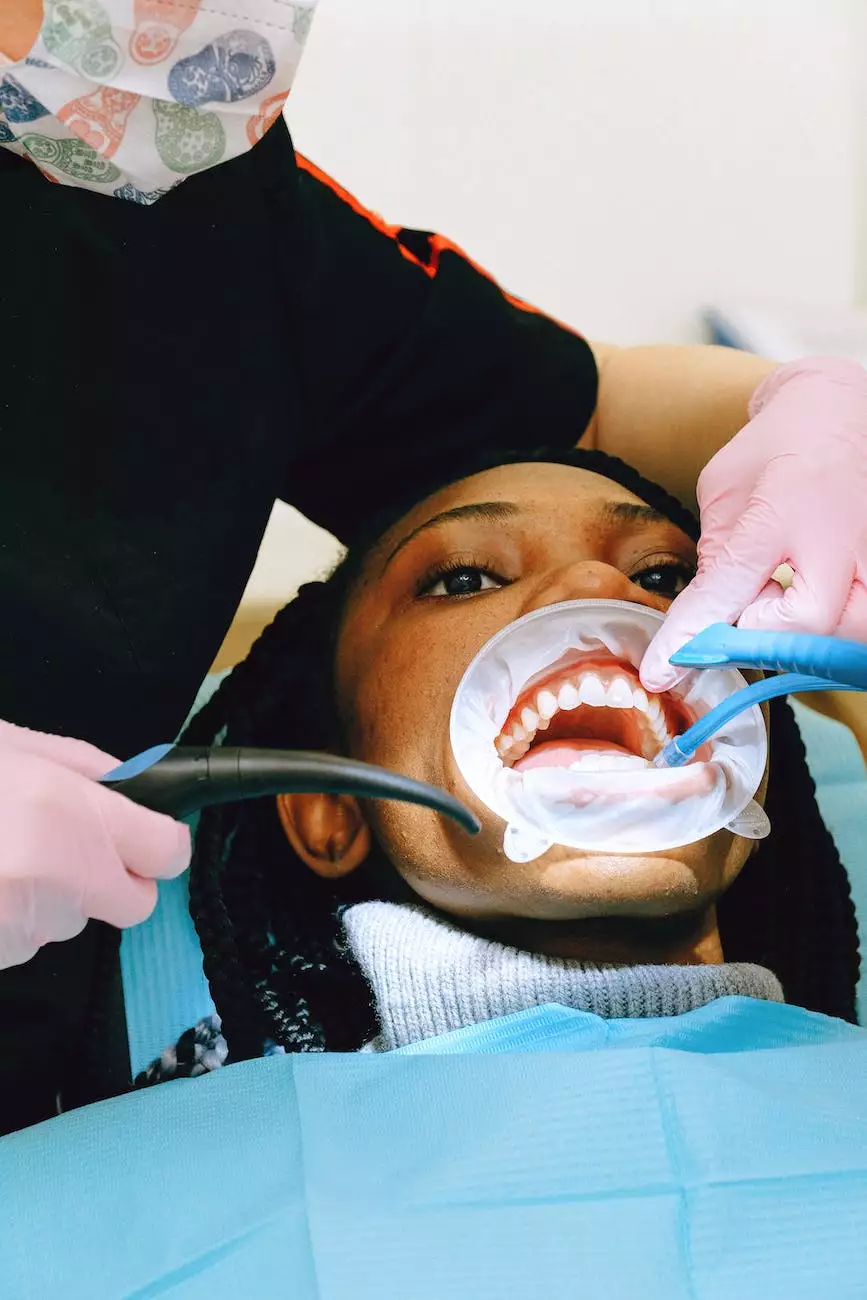Helping a Cat Recover After Surgery
Blog
Introduction
At Rosey Dog Care, we understand how important it is to provide the best possible care for your beloved pets. If your cat has recently undergone surgery, it's crucial to ensure a smooth and successful recovery process. In this guide, we will provide you with valuable insights, tips, and advice on how to best help your cat recover after surgery.
Managing Pain and Discomfort
Following surgery, your cat may experience some pain and discomfort. It's essential to provide effective pain management to ensure their well-being. Your veterinarian will prescribe pain medications tailored to your cat's specific needs. Administer the medications as instructed, and never adjust the dosage without professional guidance.
In addition to medication, creating a comfortable and quiet environment for your cat can greatly aid in their recovery. Set up a cozy, warm space where they can rest undisturbed. Ensure the area is free from loud noises and excessive activity, as this can cause stress and hinder their healing process.
Post-Operative Care
Proper post-operative care plays a significant role in your cat's recovery. Follow these guidelines to ensure your cat receives the care they need:
- Incision Care: Monitor your cat's incision site for any signs of infection, such as redness, swelling, or discharge. Keep the area clean and dry, and follow your veterinarian's instructions on changing dressings, if necessary.
- Diet and Hydration: Offer your cat a balanced diet that supports their healing process. Provide easy-to-digest, high-quality food and ensure they have access to fresh water at all times.
- Preventing Licking and Chewing: It's important to prevent your cat from excessively licking or chewing their incision, as this can lead to complications. Consult your veterinarian for suitable measures, such as using an Elizabethan collar or bitter-tasting deterrents.
- Exercise and Rest: During the recovery period, your cat may require restricted activity. Encourage gentle exercise as recommended by your veterinarian, but also allow them plenty of rest to aid in their healing process.
Monitoring and Communication
Regular monitoring and open communication with your veterinarian are crucial during your cat's recovery. Keep a close eye on their behavior, appetite, and overall well-being. Any significant changes or concerns should be reported to your veterinarian immediately. They are the best resource to provide guidance, reassurance, or necessary adjustments to the recovery plan.
Recognizing Signs of Complications
While most cats recover well after surgery, it's essential to be aware of potential complications. Contact your veterinarian right away if you notice any of the following:
- Inflammation or Infection: Swelling, redness, or discharge around the incision site.
- Loss of Appetite and Energy: A noticeable decrease in your cat's appetite and energy levels.
- Fever: An elevated body temperature.
- Abnormal Behavior: Unusual behaviors, such as excessive hiding, aggression, or vocalization.
Conclusion
Taking care of your cat during their recovery period requires attention, patience, and vigilance. By following the tips provided in this guide and collaborating closely with your veterinarian, you can ensure your cat's successful recovery after surgery. At Rosey Dog Care, we are committed to the well-being of all pets, and we hope this guide has been helpful in assisting you with your cat's post-operative care.




